 Shocked, confused, disappointed — these are the reactions of authors who recently published in a cancer journal that was delisted by a company that indexes journals.
Shocked, confused, disappointed — these are the reactions of authors who recently published in a cancer journal that was delisted by a company that indexes journals.
Recently, Clarivate Analytics announced it would discontinue indexing Oncotarget after the first few issues of 2018 — as a result, the journal would not receive a current impact factor. The company did not tell us a specific reason why, simply saying it “no longer meets the standards necessary for continued coverage.” Last year, the journal was also removed from the U.S. government biomedical research database MEDLINE, also with no explanation. (At the time, the National Library of Medicine’s Associate Director for Library Operations told us readers who are familiar with the guidelines MEDLINE follows when deselecting journals “can draw their own conclusions” as to why Oncotarget was removed.)
After we covered Clarivate’s decision to delist Oncotarget, many posted comments on the story, including suggestions the move could hurt authors who submitted papers before the announcement. (Some comments also appeared to be versions of the same request that the journal be indexed through January 15.)
We reached out to many of the corresponding authors on papers in the January 26 issue, the seventh issue published in 2018. Many are based at leading institutions around the world; all had submitted their manuscripts months ago. Some noted that they were surprised by the decision, as the review process appeared quite rigorous; some told us that if they’d known the journal was going to be delisted, they would not have submitted their papers there.
Continue reading When a journal is delisted, authors pay a price
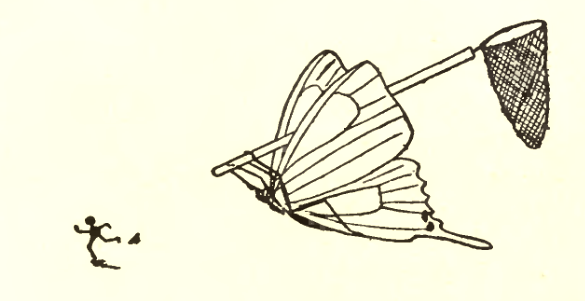 Title: Homocysteine as a predictive factor for hip fracture in elderly women with Parkinson’s disease
Title: Homocysteine as a predictive factor for hip fracture in elderly women with Parkinson’s disease Shocked, confused, disappointed — these are the reactions of authors who recently published in a cancer journal that was delisted by a company that indexes journals.
Shocked, confused, disappointed — these are the reactions of authors who recently published in a cancer journal that was delisted by a company that indexes journals.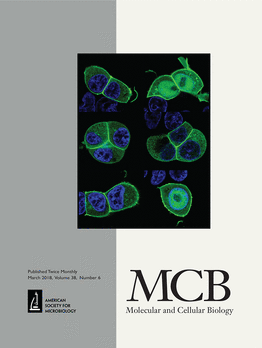 A researcher who is
A researcher who is 
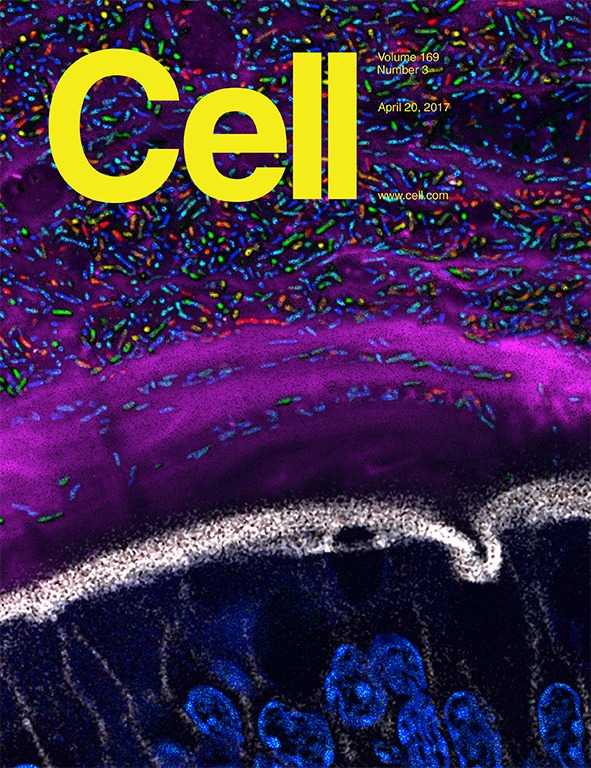 When
When 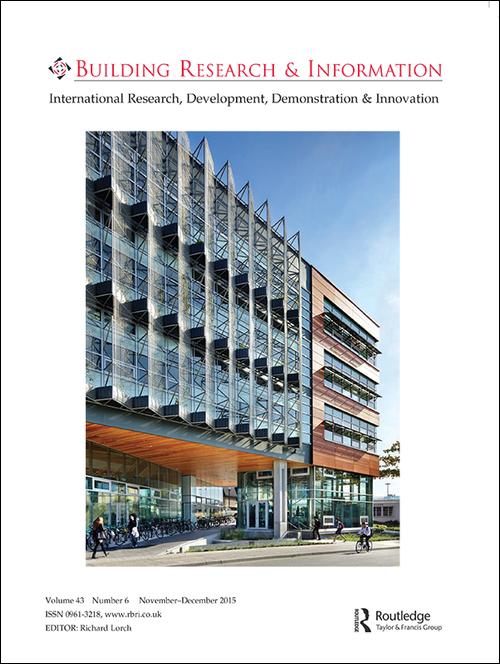 The editorial board of an architecture journal has resigned en masse after the publisher announced it plans to terminate the editor’s contract at the end of this year.
The editorial board of an architecture journal has resigned en masse after the publisher announced it plans to terminate the editor’s contract at the end of this year.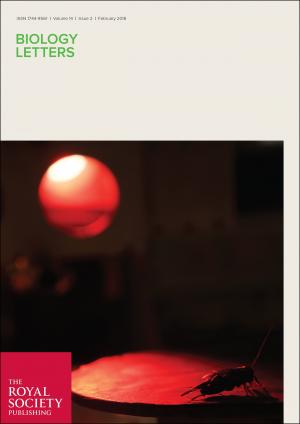 A biology journal is investigating concerns about a 2014 paper by a marine biologist
A biology journal is investigating concerns about a 2014 paper by a marine biologist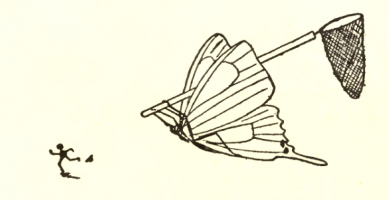
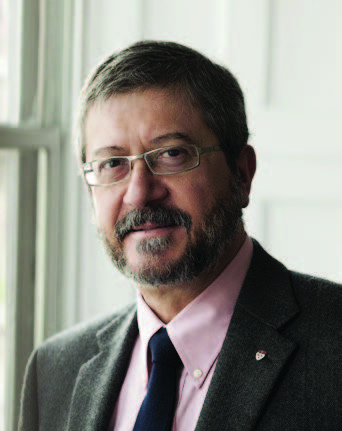
 When the
When the